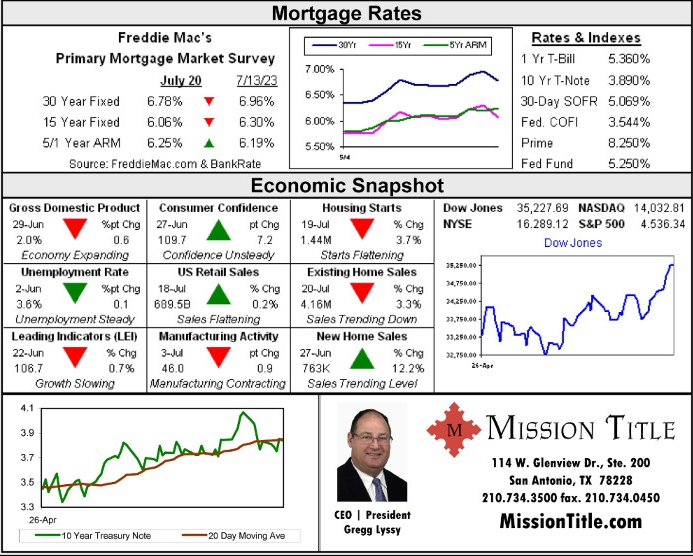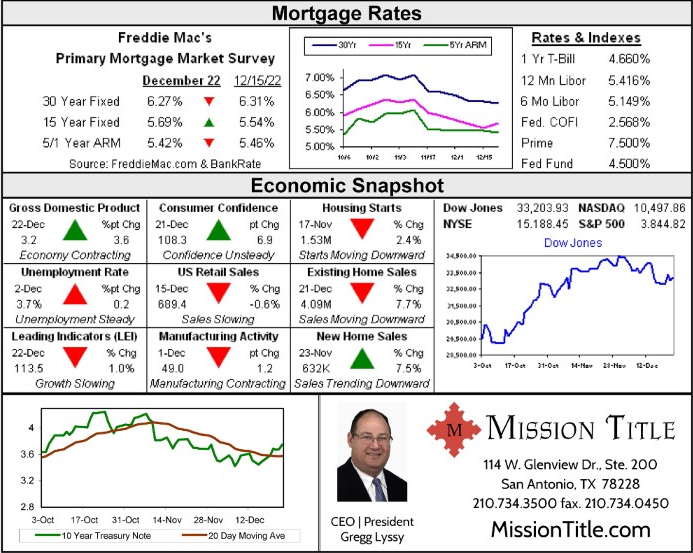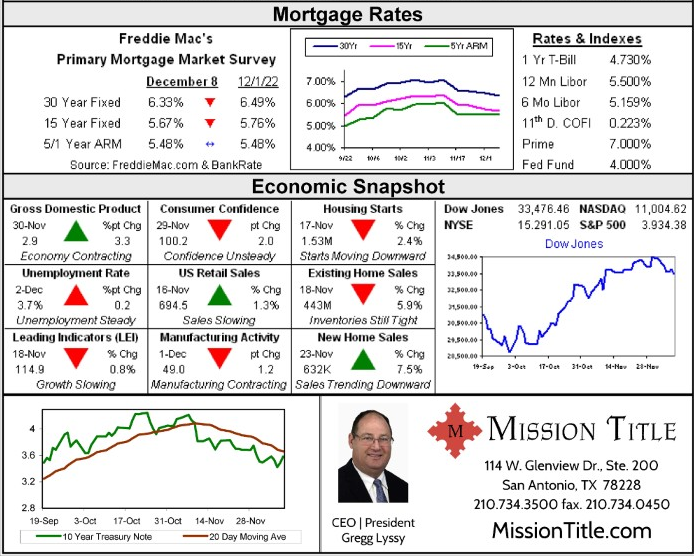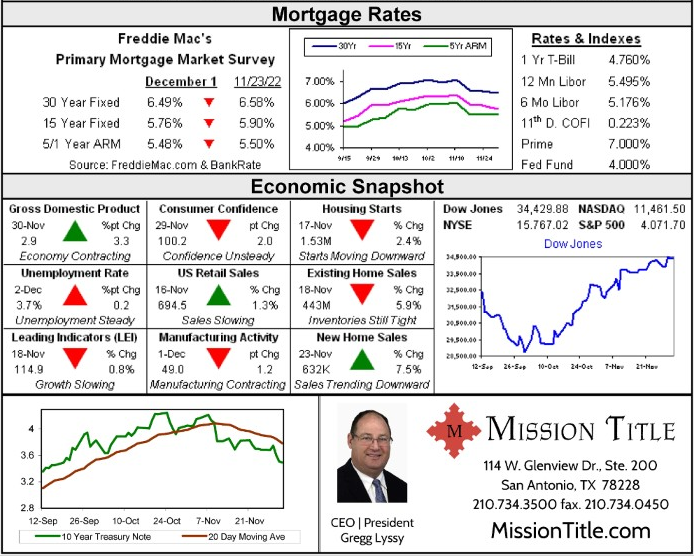This story is featured in Property Portfolio, Inman’s new free weekly newsletter. Every Tuesday, we’ll explore the overlapping worlds of real estate professionals and the fast-growing property investment and management sector. Sign up to receive Property Portfolio here.
Jake Harris was just 23-years-old when, as a bartender working at a Bay Area country club, he began itching to invest in real estate. Harris had no idea where to begin, but as he served drinks the country club set suggested he get involved in construction.
So Harris got a job as an estimator for a construction company.
Then he worked his way up to project manager.
Those jobs offered an education, but Harris still couldn’t afford anything on his home turf in the San Francisco area. Then, finally, on a trip to Phoenix, he saw inexpensive houses and it clicked.

Jake Harris
“It was just kind of like, ‘Oh, I don’t have to play exactly where I live,’” he told Inman.
 What to look for in a results-driven real estate team
For senior real estate advisors Richard Silver and Jim Burtnick, partnering brings a breadth of knowledge and a balance of skills READ MORE
What to look for in a results-driven real estate team
For senior real estate advisors Richard Silver and Jim Burtnick, partnering brings a breadth of knowledge and a balance of skills READ MORE
Harris’ story began in the early 2000s, and now nearly two decades later he’s the founder and managing partner of Harris Bay, a real estate development and investment company that has done work in dozens of states. It’s a real estate success story and one that begs an important question: How can agents help their own clients who may similarly lack experience start climbing the investment ladder?
Obviously, not everyone wants to build a multi-state business like Harris, but figuring out how to help consumers become investors means helping them improve their long-term financial prospects. And it can turn agents’ clients, who on average will move just over 11 times in their lives, into more frequently recurring customers.
In other words, the stakes are high.
The investing world is big and complex and Inman has recently launched a new newsletter, Property Portfolio, exploring just this issue. But underlying it all is financing. So, here are a few investment financing basics that real estate professionals can help their clients understand.
Conventional financingThe simplest and best-understood way to get money for smaller-scale real estate investment is via conventional financing — like the kind most people use to buy their own homes. So, loans that have fixed interest rates and typically last 15 or 30 years.

Ann Thompson
However, investors using conventional loans face a number of unique conditions. Ann Thompson, a retail sale executive at Bank of America, told Inman that buyers typically have to put at least 20 percent down on investment properties, which is not the case for primary residences. In some cases, lenders require even more. Thompson said multifamily rental properties typically require 25 percent or more, and lenders may ask for down payments closer to 40 percent for large loans.
Interest rates on these types of loans will also tend to be higher than those for primary residences, though Thompson noted that at present “rates are still unbelievably low.”
Still, interest rates are (or, should be) a major concern for investors, who have a few different options to customize the conditions of their loans. Thompson pointed out, for example, that investors may want to consider taking out an adjustable rate mortgage (ARM), rather than a conventional fixed-rate loan, depending on how long they plan to hold onto a property.
ARM loans usually have fixed interest rates for the first few years — say, seven or 10 — and then begin to adjust based on current conditions. They can pose a risk for primary residence buyers who plan to stay in their homes for decades, but can be a profitable option for investors who plan to sell before the rate adjustments kick in.
Novice investors may also need help understanding how their financing options impact cash flow. Thompson noted, for example, that while investors can often buy property for 25 percent down, in many cases a larger sum is needed to actually turn a profit right off the bat.

Martin Eiden
The exact amount investors need to put down in order to generate cash flow varies from location to location. New York-based Compass agent Martin Eiden, for example, told Inman that in his area buyers typically need 50 percent down.
Michael Nourmand, president of Nourmand Associates in Los Angeles, estimated buyers would similarly need between 40 and 50 percent down to create positive cash flow in his area.
That doesn’t mean, however, that investors shouldn’t purchase property with less.
“Some people are willing to take a negative cash flow with the idea that they know the asset is going to increase over time,” Thompson said, explaining an alternative investment strategy that relies on appreciation rather than immediate income.
Eiden also pointed out that cash flow increases over time as rents rise.
“The silver lining, if you will, for an investor whose into this is that rent appreciates 3 to 5 percent every year on average,” he added.
Unconventional financingNot every investor wants, or can qualify for, a conventional or ARM mortgage. And many of the properties that are most appealing to investors won’t qualify for a conventional loan anyway. For instance, even relatively modest multifamily buildings that happen to have more than four units typically require commercial loans.
Investors looking at more exotic properties — everything from retail parks to mobile home developments to cemeteries — may also have to get creative with their financing options.

The conventional, 30-year mortgages buyers use for primary residences typically can’t be used to buy large multifamily rental projects. Elena Elisseeva / Shutterstock.com
But there are a number of services to make these types of investments work. San Diego-based Wilshire Quinn Capital, for example, is a private lender that fronts cash to investors so they can close on properties quickly.
“If a real estate investor is going up against multiple offers on a property, the best way to get that deal is to really have terms that are advantageous to the seller,” Wilshire Quinn CEO Chris Garcia told Inman. “And that’s usually a quick transaction.”
Wilshire Quinn’s loans last a maximum of 24 months, and according to Garcia are normally paid off in less than a year. The company will lend anywhere between $200,000 and $10 million, and interest rates are typically between 8 and 12 percent.
Those are steep terms compared to the much lower rates and longer payback periods of conventional financing, but Garcia said his firm’s clients are using strategies where this kind of short-term approach makes sense. They need to be able to close within days, for instance, and usually either plan on selling the property or refinancing shortly thereafter.
“That’s why people pay a premium for use of our funds,” he added.
Garcia said that investors have used Wilshire Quinn to buy commercial spaces, parking structures, homes for flipping and an assortment of other properties.
Companies like Wilshire Quinn are not for every buyer. But they do highlight the fact that there are alternatives to the conventional, bank-oriented lending that serves as many buyers’ entry point into real estate investing.
“We fill a niche where traditional banks just can’t move as quickly,” Garcia added.
There are other strategies as well.

Michael Nourmand
Nourmand said that in his area of Southern California, he has seen more people borrowing money from family members. Though the growing phenomenon of parents gifting their children cash to buy homes is well-documented, Nourmand described a slightly different trend in which parents merely loan their kids money for real estate. Those kids then pay the cash back, with interest.
“It’s kind of a nice way to help your son or daughter buy a place without just giving them the money,” he added.
Though Nourmand described the practice as still fairly niche, it highlights the role that creative, private and atypical financing strategies can play for investors.
InvestorsNearly everyone who spoke with Inman for this piece pointed out that putting together a group of investors can be a valuable way to find funding. But the trick is actually locating those people.

Jason Haber
Jason Haber, a broker at Warburg Realty in New York City, has done just that. Haber both works with clients who have put together “syndicated partnerships” in order to buy multifamily properties, and has created his own partnerships himself. He said that the best place to start looking for investors is among friends and family.
“When we purchased our first building we went to friends and family and it was a very small circle because we had no track record,” he recalled.
That circle of investors grew bigger as Haber built a track record, and eventually “it became very easy to raise money.”
“Once you get the first one done under your belt, it becomes a lot easier,” he added. “The key really is that it’s all about who is the jockey. No horse rides itself to victory.”

Real estate professionals suggested would-be real estate investors turn to friends and family in order to partners. Credit: Hello Lovely and Getty Images
Friends and family came up again and again when Inman asked real estate professionals where they first found investors, but obviously not everyone has a network of relations who have cash to drop on real estate.
However, Harris — the bar tender-turned-real-estate-exec — said that in those cases would-be buyers should look for communities of like minded people. He pointed out that there are online gathering places where budding real estate players can find investors. Moreover, most communities have groups of investors that get together to meet in person.
Harris sometimes even goes to these gatherings in the communities where he operates in order to find prospective deals to back.
“Everybody is always looking for deals,” he said. “We go to some of those and it’s great if some guy at this meeting says ‘hey I’ve got a deal where we can make 30,000 or 40,000 and I don’t have the money.’”
Putting together a group of investors is another potentially more advance investment strategy. But the real estate professionals who spoke to Inman noted that it can have an array of benefits, such as avoiding traditional loans and mortgages altogether.
CashThey say cash is king and that’s especially true in real estate, where it lets investors move quickly and beat the competition. But like everything in the industry, there are different flavors of cash investments.
Probably the most important thing that less-experienced investors need to keep in mind is that they can get access to cash by borrowing against existing properties. In other words, they don’t need to wait years and years while squirreling away money.
“You’ll see a lot of people where what they’ll do is take a property they already own and they’ll pull money from that property to use as a down payment for another property,” Nourmand said. “To the seller it’s cash, but it’s not really cash in the bank.”

Borrowing money against an existing property is a common way to begin investing. Credit: Witthaya Prasongsin and Getty Images
There are limits to this approach, of course. Thompson, from Bank of America, said that typically would-be investors can only borrow 80 percent of the value of their existing property. So, if someone owns outright a property worth $500,000, they’d likely be able to get around $400,000 in cash.
A number of agents also cautioned against actually paying all cash for investments at a time when interest rates are extremely low. For example Haber, the Warburg agent in New York, pointed out that if the rent on an investment property can exceed the cost of a mortgage and management, borrowing money may actually be the most profitable option.
“I would encourage people to take out a small loan,” he said. “You’re rate of return is higher because you’re using less capital.”
Either way, though, pulling cash out of existing properties is a tried-and-true strategy for veteran investors, and something that novices — who might have only ever purchased a primary residence before — can do to start climbing the investment ladder.
And as is the case with all of these investment strategies, the key is to find real estate pros who know how to help.
“Really go to a professional,” Thompson advised would-be investors. “Go to a lending professional and work through the numbers. And then go to a real estate professional.”
Source: click here




















